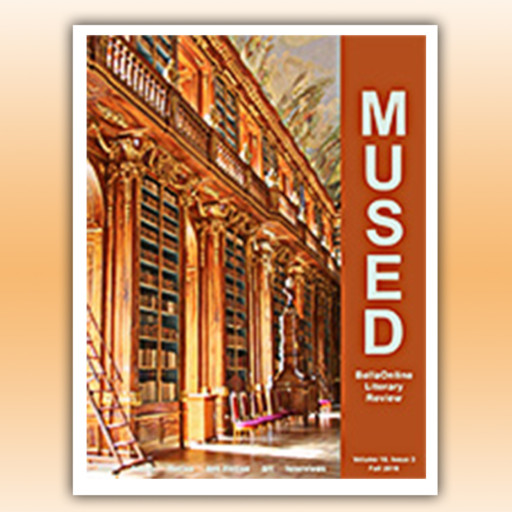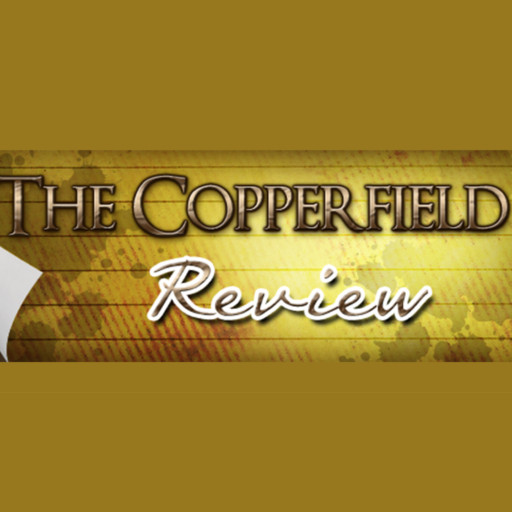Getting into the Flow
The sages, that is, writing colleagues such as Robin Gaby Fisher, Brad Parks, and Tracey Michae’l Lewis-Giggetts, say you must write 1,000 words a day to free the mind and stir up words, images, and associations.
Deadline demands over the past few weeks have forced me to adopt this pattern. I had thought the approach might be a little too pat, a little too forced. I was wrong. I am beginning to see the power of this practice as the past comes alive in my mind. The flow of content and words engendered by practice is real.
As someone who is in middle age but feels compelled more than ever to tell stories, I am moved and encouraged by a comment made by Max Perkins, Hemingway’s great editor. Perkins’ remark was included in a post on ScienceWriters today :
I think, in truth, that the best writing of all is done long after the events it is concerned with, when they have been digested and reflected upon unconsciously, and the writer has completely realized them in himself.”
People close to me know that I have been writing a memoir on my life with my late husband, Walter Lucas. I have been working on it for some time. About 30,000 words of text, in fact, forming six chapters were the basis of my thesis for my Masters in Fine Arts in Creative Non-Fiction from Fairleigh Dickinson University, completed in 2013. Part of my problem has been that, in order to describe certain scenes the way they really happened, complete with sensory details, I have to “go back” to those moments. When I revisit those periods, its saps me, drains me. After, I am sickened by the memories, nauseated and depressed. Even the happy memories are painful to conjure.
A few weeks ago, I realized something important that changed matters for me. Near my writing desk in a dresser, I have stored dozens of folders with pieces of the story. I have Walter’s diary, the contents of which he shared with me when he was alive. I have legal pads from his desk with outlines for legal arguments from cases when he practiced law at his firm, Lucas & Marose. There are other private things. I have many medical records from his extended hospitalization in the intensive care unit at Morristown Memorial Hospital, where he died in August of 2004. Scanning the papers one night, it came to me that the files represented Walter to me — that in a way they allowed him to still be with me. If I were to finish the book, I would have to put the files away. And then he really would be gone.
This fear is the factor that was actually holding me back. Now that I’ve looked at it for what it is, the anxiety has ebbed. As Max Perkins noted, perhaps I needed time and distance, because the words are there now, in my head. True love is one of the world’s great gifts. Love can’t be uprooted and stolen from you. The feeling lasts forever.
— Kitta MacPherson



